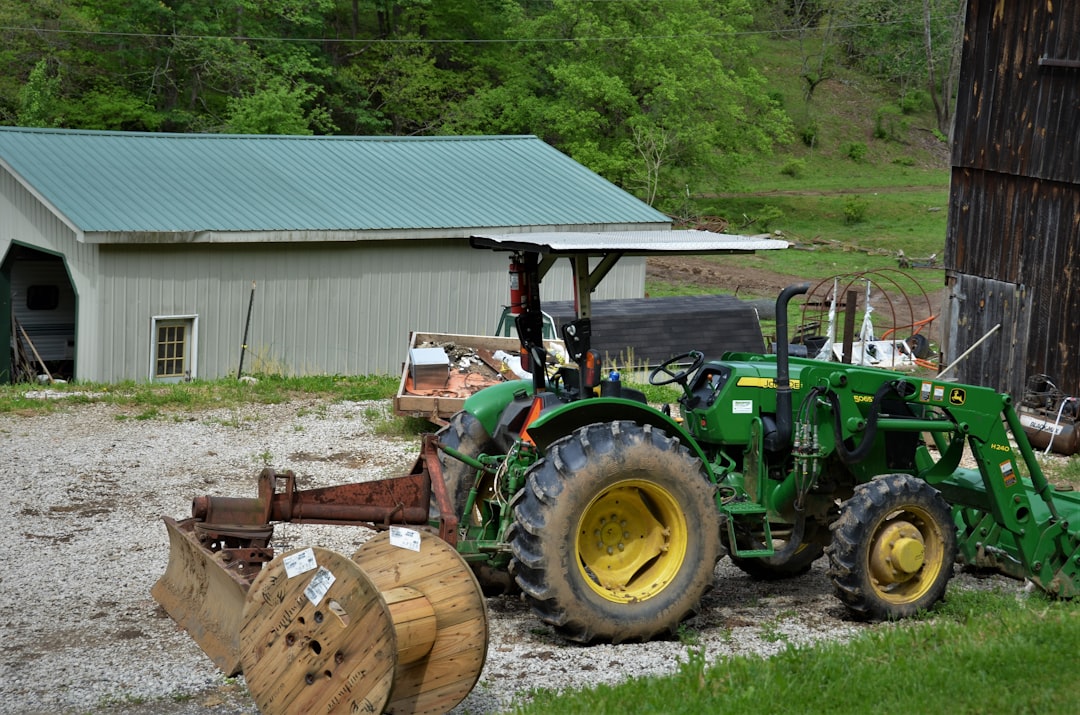
Understanding the cost of mulch installation is crucial for construction professionals aiming to budget accurately and deliver quality results. On average, professional mulch installation costs range from $3.50 to $6.00 per square foot, depending on factors such as mulch type, depth, site accessibility, and local labor rates.
• Type of mulch (bark, shredded hardwood, dyed, rubber)
• Depth of coverage (2–4 inches is standard)
• Site accessibility and preparation (weed removal, edging)
• Local labor rates and disposal fees
• Natural shredded bark: $40–$65 per cubic yard
• Dyed or color-enhanced mulch: $55–$75 per cubic yard
• Premium cedar or redwood chips: $75–$110 per cubic yard
• Recycled rubber mulch: $80–$140 per cubic yard
Accurate volume estimation is key. A cubic yard covers approximately 100 square feet at 3 inches deep.
• Two installers can spread one cubic yard in 20-25 minutes.
• Labor costs in metro areas: $45–$65 per person-hour.
• Equipment charges: $0.20–$0.35 per square foot.
1. Weed or old mulch removal: $0.20–$0.35 per sq ft
2. Weed fabric installation: $0.05–$0.25 per sq ft
3. Edging installation: $3.00–$6.00 per linear foot
Coastal areas may face higher disposal costs due to green-waste fees, while inland areas with composting programs may reduce these expenses.
Professional installation offers value over DIY, considering costs like truck rental, equipment purchase, and labor time.
Utilize AI tools to convert measurements into precise estimates, ensuring accurate material and labor cost calculations.

Professional mulch installation ensures quality, efficiency, and cost-effectiveness. Benefits include:
• Expert project planning and management
• Skilled craftsmanship and attention to detail
• Comprehensive support and quality assurance
• Transparent communication and updates
Choose professional services for reliable and high-quality results in your construction projects.